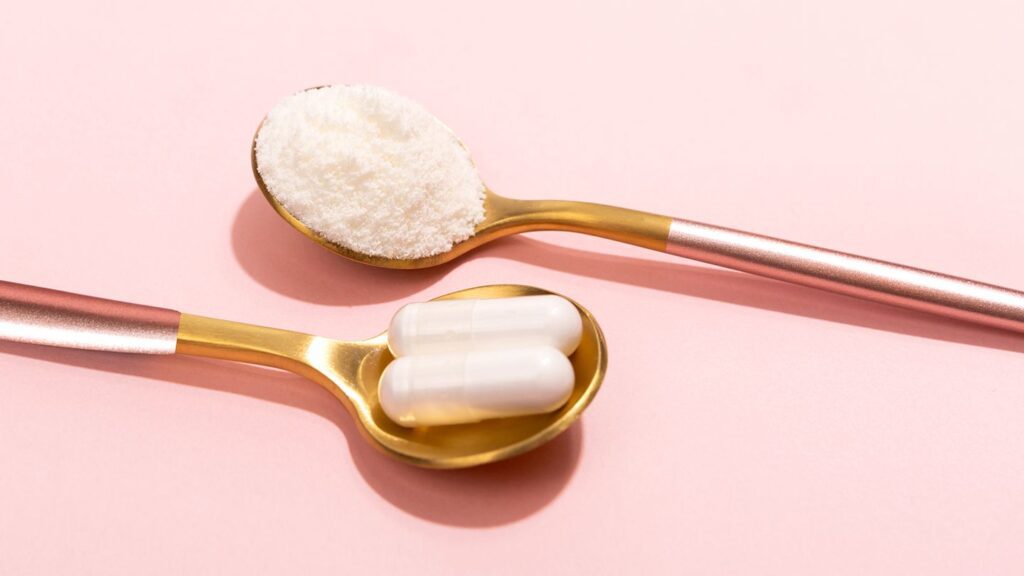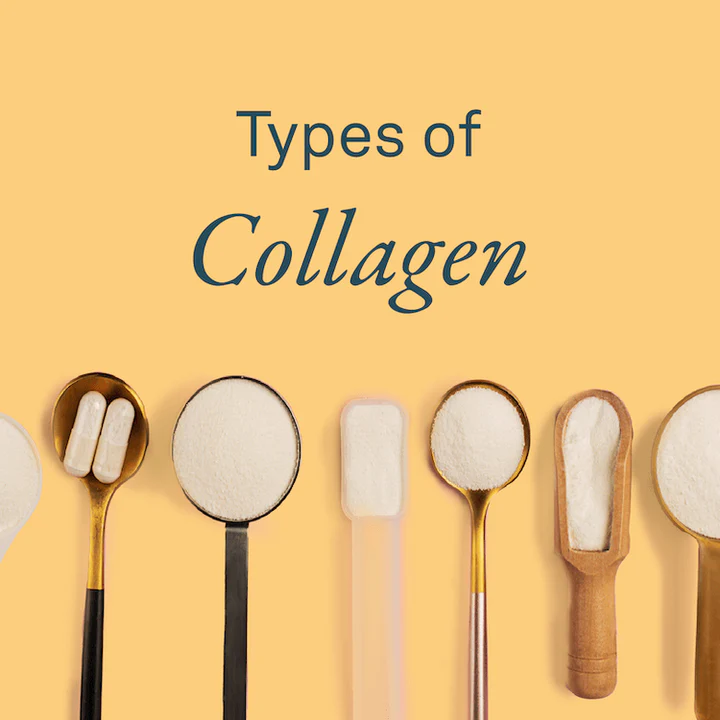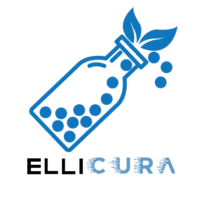The Importance of Collagen for Skin

Overview of Collagen
Collagen is the most abundant protein in the human body, crucial for the health of various systems including joints, bones, and skin. As we age, collagen naturally diminishes, leading to thinner skin and wrinkles. However, there are ways to protect and replenish collagen to maintain youthful skin.
Role of Collagen in Skin Health
Collagen is a structural protein found in connective tissues, tendons, skin, bones, and cartilage. It provides support and strength to these areas and aids in tissue repair, cellular communication, migration, and immune response. For the skin, collagen, along with elastin, is vital for maintaining elasticity and firmness.
Benefits of Collagen for Skin

- Improves Skin Elasticity: Enhances the skin’s ability to stretch and return to its original shape.
- Increases Skin Hydration: Helps retain moisture in the skin, keeping it plump and hydrated.
- Boosts Blood Flow: Improves circulation, which is essential for healthy skin.
- Aids in Wound Healing: Promotes quicker recovery and reduces scarring.
- Prevents and Reduces Stretch Marks: Maintains skin integrity during rapid growth or weight changes.
- Reduces Visible Cellulite: Enhances skin texture and reduces the appearance of cellulite.
- Diminishes Dark Spots: Evens out skin tone by reducing hyperpigmentation.
- Enhances Self-Esteem: Improved skin appearance can boost confidence and reduce anxiety.
Causes of Collagen Loss

- Aging: Natural decline in collagen production starts around age 25.
- Poor Diet: Consumption of sugary and processed foods can hinder collagen production.
- Autoimmune Conditions: Diseases like rheumatoid arthritis and lupus can lead to collagen depletion.
- Lifestyle Factors: Smoking and excessive alcohol intake accelerate collagen breakdown.
- Sun Exposure: UV rays degrade collagen fibers, leading to premature aging.
Effects of Collagen Deficiency

- Dry, Weak Skin: Lack of collagen results in thin, fragile skin prone to dryness.
- Wrinkles and Sagging: Reduced collagen leads to loss of skin elasticity and firmness.
- Brittle Hair and Nails: Collagen deficiency affects keratin, causing hair and nails to become brittle.
- Stiff Joints: Collagen is essential for joint health, and its deficiency can cause stiffness and pain.
- Severe Symptoms: In extreme cases, a lack of collagen can cause rashes, joint and muscle pain, mouth ulcers, and hair loss.
Types of Collagen for Skin

- Type 1 Collagen: The most abundant type, accounting for up to 90% of collagen in the body. Found in skin, bones, and connective tissues.
- Animal-Based Collagen: Sourced from the skin, joints, and bones of animals. Commonly consumed through bone broth, gelatin, and supplements.
- Marine Collagen: Derived from fish and marine invertebrates. Available in various forms like powder, pills, and topical products.
- Plant-Based Collagen: Suitable for vegans. Focuses on providing essential amino acids from plant sources like soy, legumes, nuts, and seeds.
Protecting Your Collagen

- Stay Hydrated: Drink plenty of water and use moisturizing skincare products.
- Avoid the Sun: Wear sunscreen daily and limit sun exposure to protect collagen from UV damage.
- Stop Smoking: Quit smoking to prevent collagen breakdown and improve skin health.
- Protect Against Pollution: Cleanse and exfoliate regularly to remove pollutants that can damage collagen.
- Eat Antioxidants: Consume antioxidant-rich foods like berries and leafy greens to protect collagen from free radicals.
- Use Collagen-Boosting Skincare: Look for products with ingredients like retinol, vitamins C and E to support collagen production.
Increasing Collagen Levels

- Dietary Sources: Incorporate collagen-rich foods like tough cuts of meat, bone broth, fish skin, and gelatin into your diet.
- Amino Acid-Rich Foods: Include foods like fish, chicken, eggs, legumes, tofu, and tempeh to provide the building blocks for collagen synthesis.
- Supplements: Use oral supplements with ingredients like Moldavian dragonhead extract, vitamin C, and natural collagen.
- Collagen-Infused Skincare: Utilize skincare products with ingredients like red algae extract, snow algae powder, shea butter, and ginseng root to enhance collagen production.
Conclusion
Collagen is essential for maintaining the health and appearance of your skin. By understanding the factors that affect collagen levels and taking proactive steps to protect and replenish collagen, you can enjoy youthful, firm, and glowing skin.
